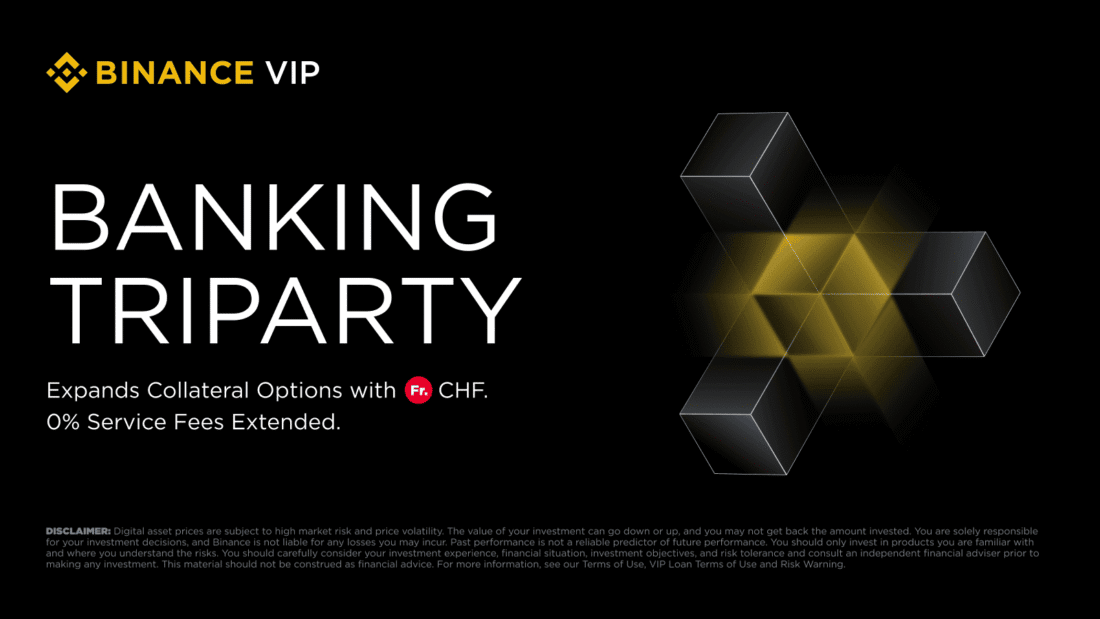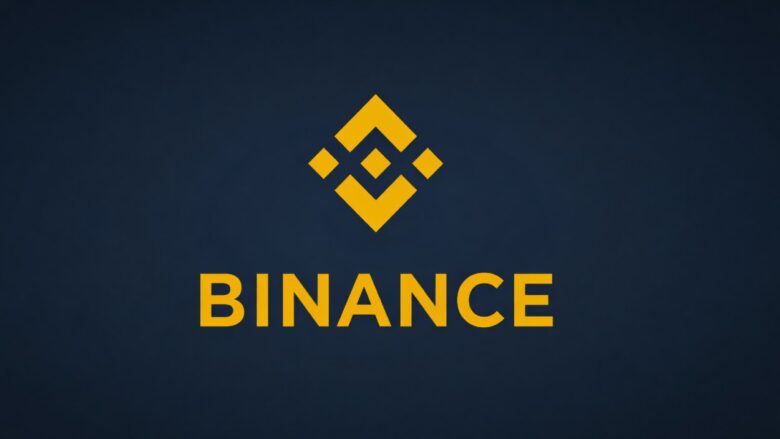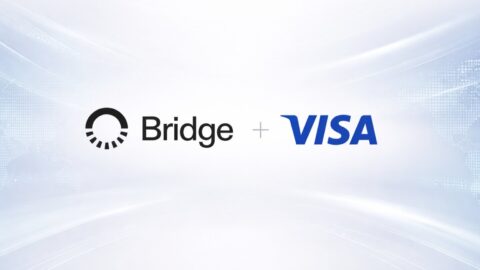Binance has added the Swiss Franc to its Banking Triparty collateral options and extended its zero-fee promotion for institutional clients until March 2026.
Key Takeaways
- Binance now supports the Swiss Franc (CHF) as off-exchange collateral under its Banking Triparty solution, enhancing portfolio flexibility for institutions.
- The zero-fee promotion for pledged collateral has been extended until March 31, 2026, giving clients more time to access the solution without service charges.
- The Banking Triparty framework enables institutions to hold collateral in third-party bank accounts while accessing Binance liquidity.
- This move reflects Binance’s ongoing commitment to meeting institutional demand for secure, capital-efficient access to digital asset markets.
What Happened?
Binance has expanded its Banking Triparty solution by including the Swiss Franc as a supported off-exchange collateral asset. The company also announced that it will extend its zero-fee promotion on pledged collateral services until March 31, 2026. These changes are aimed at meeting growing demand from institutional and VIP clients for diversified and secure collateral options.
Binance Strengthens TradFi Bridge with Swiss Franc Integration
The Swiss Franc, known for its stability and status as a major global fiat currency, is now eligible as off-exchange collateral within Binance’s Banking Triparty arrangement. This enhancement allows institutional users to better align their portfolio strategies with traditional financial standards, while also benefiting from Binance’s high-volume trading platform.
The move follows Binance’s earlier inclusion of BlackRock’s BUIDL token in its triparty collateral roster, underlining a broader shift toward diversified and stable off-exchange assets in the crypto trading ecosystem.
According to Catherine Chen, Head of VIP and Institutional at Binance:
She added that the inclusion of the Swiss Franc provides clients with more flexible collateral options.
Banking Triparty: How It Works?
Launched in November 2023, Binance’s Banking Triparty framework is a three-party custody solution that mirrors traditional finance mechanisms to mitigate counterparty risk. It involves:
- The client, who pledges eligible assets such as fiat currencies or Treasury Bills.
- Binance, providing trading execution and liquidity.
- A regulated third-party bank, holding the collateral in a segregated account under the client’s name.
This structure allows clients to retain control of their assets off-exchange while still accessing Binance’s on-exchange liquidity. The solution ensures that clients can scale their trading activities without moving their funds, thereby maintaining compliance with internal risk controls and regulatory standards.
Extended Zero-Fee Offer for Institutional Clients
To encourage wider adoption, Binance is extending its zero-fee promotion for the Banking Triparty service until March 31, 2026. During this time, institutions can pledge collateral without paying any service charges.
After the promotional period, Binance will introduce a competitive tiered pricing model that is designed to support long-term use in a cost-efficient manner. The company believes this model will continue to offer value to institutions seeking robust, compliant access to crypto markets.
Onboarding for VIP and Institutional Clients
The Banking Triparty solution is open to institutional and VIP users with a minimum pledged collateral of 10 million USD. Interested parties can contact their Key Account Manager to initiate the onboarding process or use the Binance Banking Triparty form if they are not yet clients.
CoinLaw’s Takeaway
In my experience, one of the biggest barriers for institutions stepping into crypto is trust and risk management. What Binance is doing here is smart. By adding the Swiss Franc, they are giving institutional players something familiar and stable to work with. And by extending the zero-fee promotion, they are removing another hurdle. I found the triparty custody model particularly effective because it speaks the language of traditional finance. It makes crypto less intimidating for the big players. This is a major win for crypto institutionalization, and I expect others to follow suit.


































































